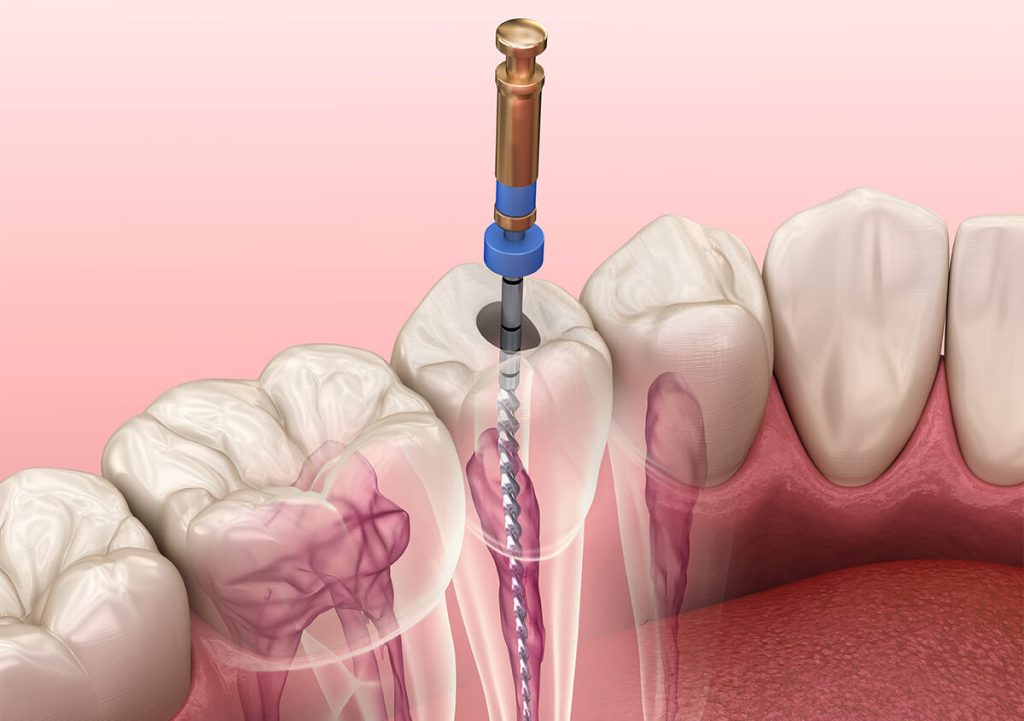Dental decay and other sources of tooth pain are highly preventable. However, once they have taken hold, many oral conditions do not go away on their own. They require prompt treatment. These ailments worsen if left untreated. They can even threaten the health of your teeth. Some oral problems, like infections, can spread to other body parts. Alpine Family Dental may treat infections with root canal therapy to benefit your oral and overall health. Our team in Kalispell, Montana, provides answers to common questions about root canal therapy to help you better understand this tooth-saving treatment.
Does root canal therapy hurt?
This is the biggest misconception about treatment. Root canal therapy is frequently associated with pain because it treats or resolves painful conditions. Root canal therapy (RCT) often treats deep decay or trauma that is accompanied by intense and persistent pain and swelling. The truth about RCT is that it provides lasting relief from such distressing symptoms by resolving or removing the source of that pain. Also, our use of modern techniques, anesthetic, and other technologies helps to support the most gentle and precise root canal treatment.
How does root canal therapy work?
Consider RCT a “deep cleaning” for the infected or inflamed tissues inside your tooth. These pulp tissues include the nerves, responsible for the pain sensation. When our team expertly removes these nerves, you can no longer feel the sensation of pain. You will finally get relief from the ache that may have kept you up at night, making it difficult to concentrate at work or eat without discomfort. You can get back to your life. Once the treatment site has been cleaned and sanitized, it is sealed off to encourage healing. In addition to your comfort, we also offer convenient CEREC same-day crowns. We promptly restore the treated tooth with a beautiful and strong ceramic crown during the same visit as your root canal treatment. This process also helps ensure your treatment is successful because the crown is placed quickly to strengthen the vulnerable tooth.

